
The assassination attempt on Salman Rushdie is shocking not only for its brutality, but also for the very nature of the threat that forced the author to live on the run for many years. The fatfs (religious decree) issued by Ayatollah Khomeini in 1989 effectively proclaimed the author in a way that is not limited by borders and territories. While many persecuted writers were forced to change countries to save themselves, Rushdie could only change his name and hiding place. However, it is not uncommon for words to become dangerous for those who wrote them. Now and in the past, writers have been targeted by regimes, dictatorships and bigots around the world and have faced harassment, exile, threats or execution.
The mafia is after him.
Italian Roberto Saviano, author of the bestselling book “Gommora”, has been living with a mafia “fetfa” for the last 15 years, exposing the dirty deeds of the Italian mafia. The book was a huge success, but the mafiosi are still looking for Saviano, who lives in custody in Italy. “I would like to live free, to tell the truth, but I do not dare. When you become a symbol, managing your security becomes a very difficult issue, ”he said in K (08/06/2021).
He insulted Kemal
Among the most prominent writers who have recently faced new persecution is the Turkish writer Orhan Pamuk. Last year, he was prosecuted for insulting Kemal Atatürk and the Turkish flag in connection with the release of his latest book, Plague Nights. In the past, Pamuk has been accused of insulting Turkey when he mentioned the massacre of Armenians and Kurds in an interview. The charges against him at the time were dropped in 2006 when he received the Nobel Prize in Literature.
They became the target of regimes and fanatics, they were threatened with exile, threats or execution.
He sent himself
In 2016, a day after the coup attempt in Turkey, Asli Erdogan’s adventures began. The author was arrested on charges of being a member of a terrorist organization and undermining Turkish national unity. He spent over 100 days in prison when he went into self-imposed exile in Germany in 2017. An Istanbul court acquitted the author in 2020, but she is afraid to return.
Against Lukashenka
A few years after Alexander Lukashenko came to power in Belarus, the writer Svetlana Aleksievich went to Paris to return to Minsk in 2011. A staunch critic of the totalitarian regime imposed by the (for life) Belarusian president, Aleksievich settled in it. “fortress” in which journalists, activists and ambassadors from Western countries take part in ensuring the security of the country’s largest figure with international fame.
Life in prison
For eight years, Chinese poet Liu Xia was forbidden to leave her home without even being charged. Xia was the wife of Chinese writer, critic and Nobel laureate Liu Xiaobo, who was imprisoned continuously from 1989 until his death in 2017 from cancer. The same is true for Chinese writer and publisher Gui Minghai, who mysteriously disappeared in 2015 and “reappeared” in custody two years later. His release in 2017 was short-lived as he was re-arrested and in 2020 sentenced to ten years in prison. If we go even further back in time, we find the landmark cases of Isaac Babel, who was executed in a Moscow prison in 1940, and Alexander Solzhenitsyn, who spent eight years of his life in the Gulag, both for criticizing Stalin.
Book, fatfa and three attempts
“Right now publishing a book is like a war, but publishers and authors are not warriors. We have neither guns nor tanks. But we happen to be on the defensive, not to retreat from our positions, to understand that this is a position from which we cannot retreat,” said author and official guest of the Frankfurt International Book Fair Salman Rushdie in 2015. Those who were then in the exhibition hall for his performance still remember the numerous guards and the large distance that the other guests had to keep from the honored person for security reasons. Iran then threatened to boycott an international event for inviting Rushdie, who was nicknamed “Mahdur an-dam” (the one whose blood should be shed).

It all started with a fatfa published by Ayatollah Khomeini in 1989 on Rushdie’s The Satanic Verses (published by Psychogios, translated by George-Ikaros Babasakis). The then Iranian leader denounced the author for his “blasphemous” book, calling on Islamist fanatics to kill him wherever he was.
In 1991, the fatfa was “expanded”, calling for the death not only of Rushdie, but also of those associated with or involved in the publication of the book. In July of that year, Hitoshi Igarashi, a Japanese translator of the book and professor of Islamic studies, was assassinated. The 44-year-old translator was found stabbed in his office. In 1993, Norwegian book publisher William Nygaard (who eventually survived) was shot dead by unidentified gunmen, and 37 people were killed when Sunni Islamists set fire to the hotel where the Turkish translator of The Satanic Verses, Aziz Nesin, was staying.
Salman Rushdie did not budge, almost at the cost of his life. On August 12, seven years after that Frankfurt speech, he found himself in another auditorium in New York, and at a time when he thought the old threats had been forgotten. 24-year-old Hadi Mattar stabbed him in the neck shortly before the performance.
For many years he remained hidden and changed his name to Iosif Anton. But how long can you live like this? He himself answered this question in a text in the New Yorker in 2012 with a verse from a novel by Joseph Conrad. “I have to live until I die, right?”
“Trip to Lebanon changed Matar”
Reuters
On a trip to Lebanon in 2018, the mother of the 24-year-old assailant is credited with radicalizing her son, Hadi Mattar, who faces charges of attempted murder after attacking Salman Rushdie at a literary festival in Chattanooga, New York. In statements to British tabloids, the attacker’s mother claims her son “changed” after the trip to Lebanon, and Vice World News reports that Matar kept in touch with the Iranian Revolutionary Guards through social media apps. However, nothing indicates the involvement of Iranian services in the assassination attempt on Rushdie.
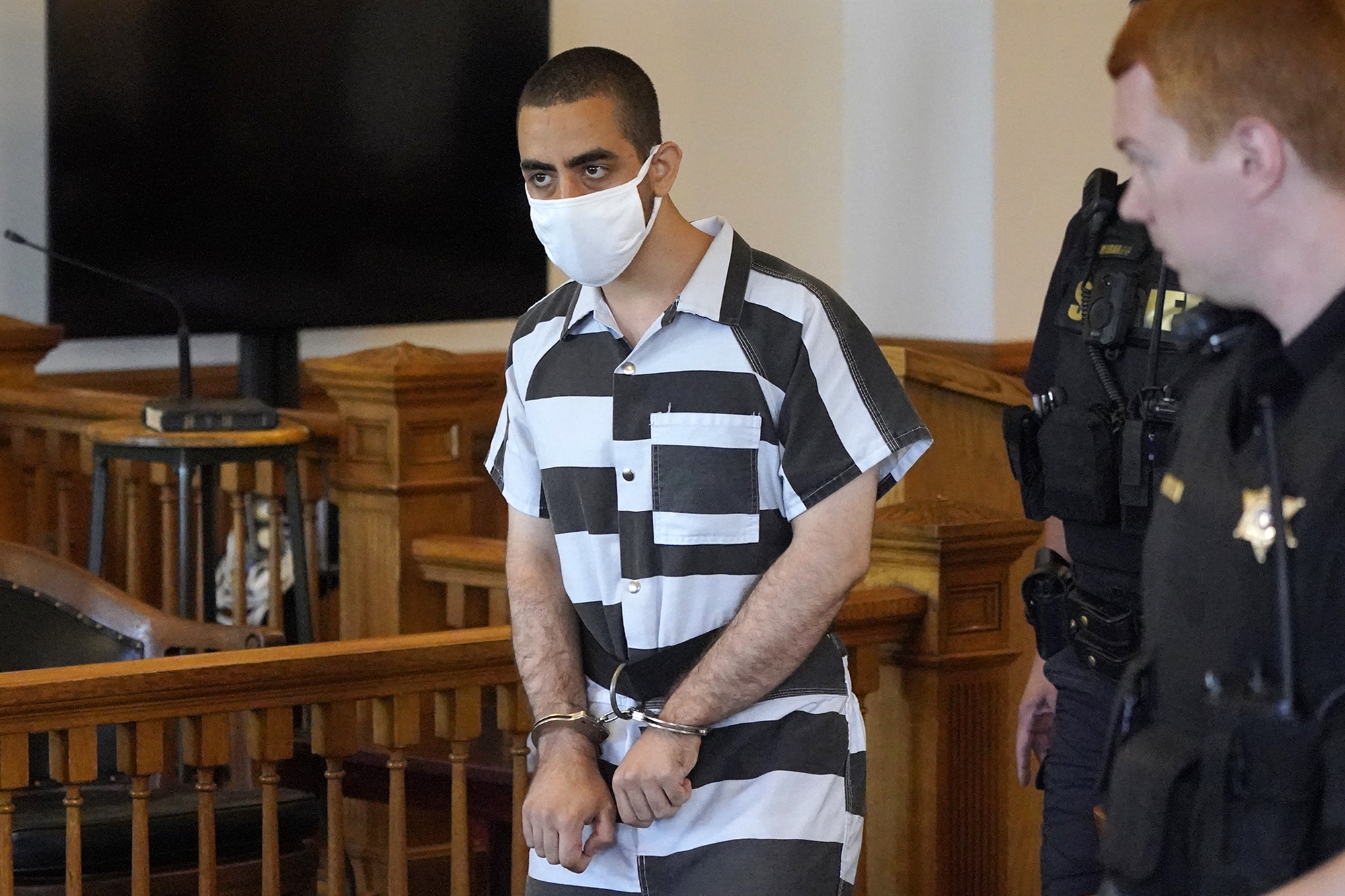
Matara’s mother, Lebanese Silvana Fardos, who divorced the attacker’s Lebanese father, explains that her son traveled to Lebanon in 2018 to spend a few days with his father.
However, on the third day, Mattar contacted his mother and told her that he wanted to return to the US.
In the end, the mother followed her young son, who spent a month in Lebanon. “I expected him to come back happy and ready for university.
Instead, he moved from his room to the basement and locked himself there. He had changed a lot and talked little to me and my sister. He even strictly forbade us to go to him,” Matar’s mother told the British newspaper Daily Mail.
Obsession with Islam
“One day he got very angry with me for not introducing him to Islam from a very early age and for not encouraging him to study instead of practicing religion,” says Fardos, 46. Early reports indicated that Mattar showed no signs of being influenced by extremist elements, but appears to have turned to Islam for psychological support. “He seems to have been chronically depressed and I hoped his obsession with Islam was temporary. The FBI seized his laptop, Play Station, books and other items, including knives and a pencil sharpener,” Fardos explains. However, she admits that she still cannot believe that her son tried to kill Salman Rushdie or that he was capable of committing such a crime. “He was a quiet child and everyone loved him. Like I told the FBI, I won’t talk to him anymore. He takes responsibility for his actions.”
Mattar pleaded not guilty to charges of attempted first-degree murder and armed robbery.
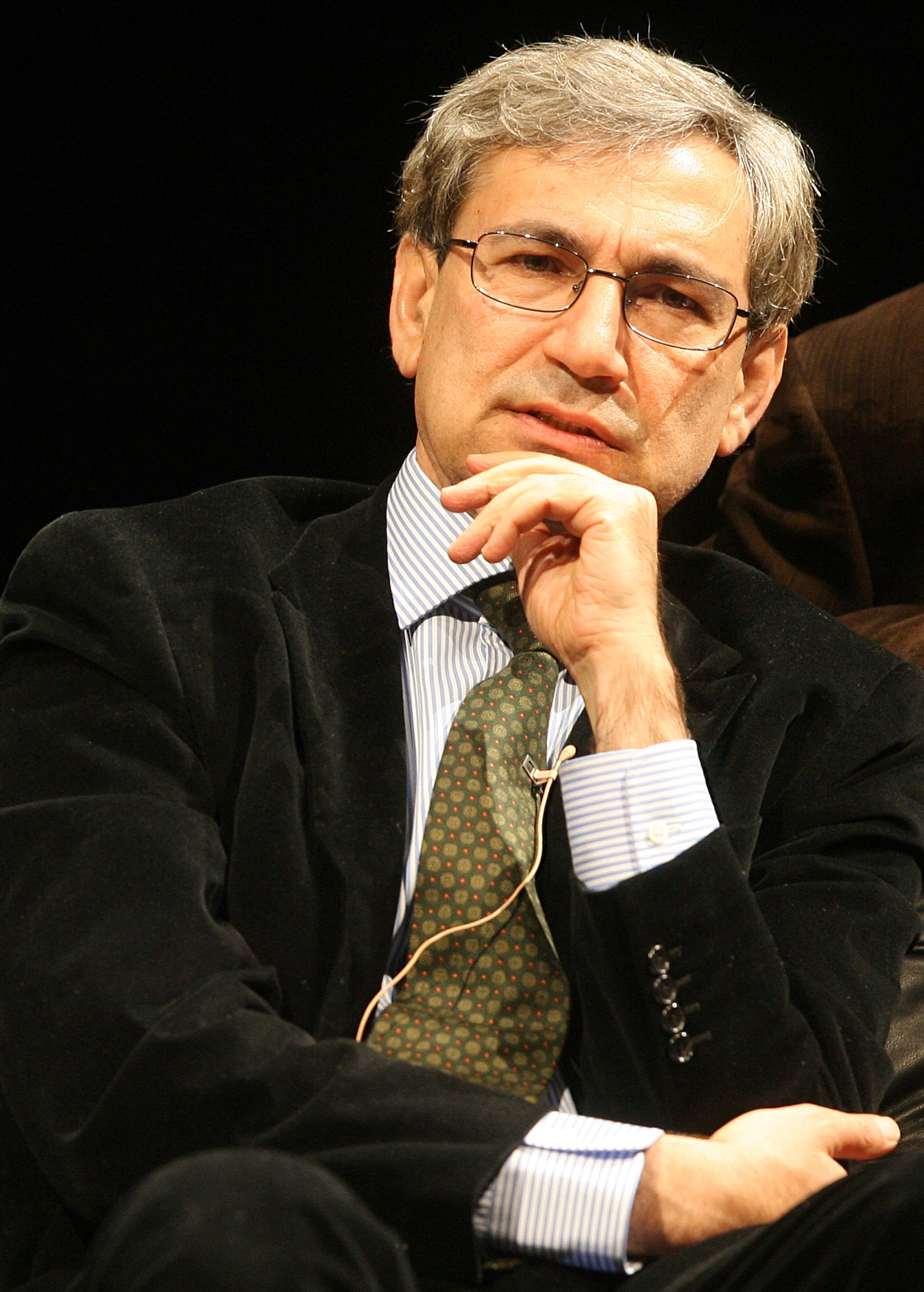
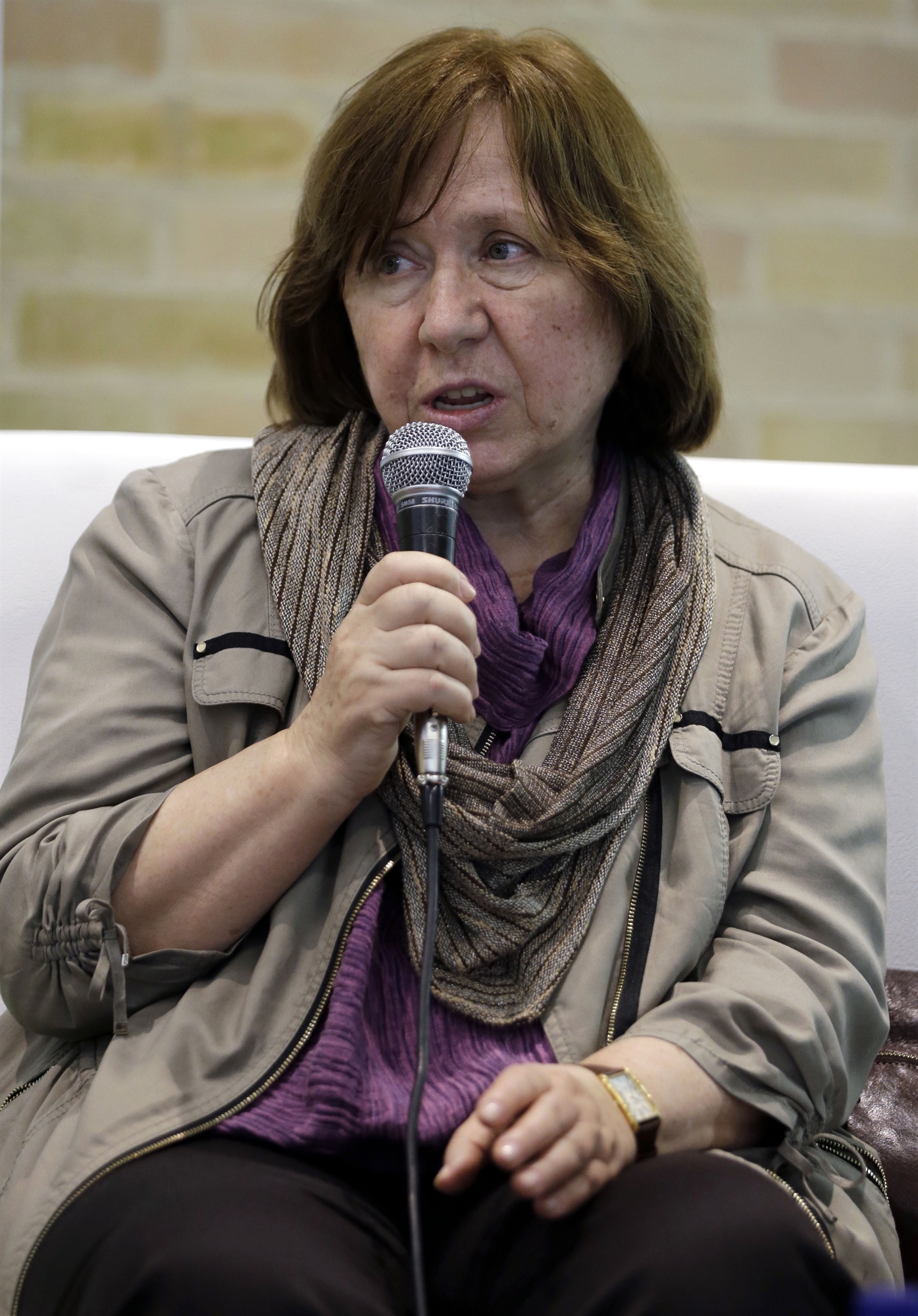
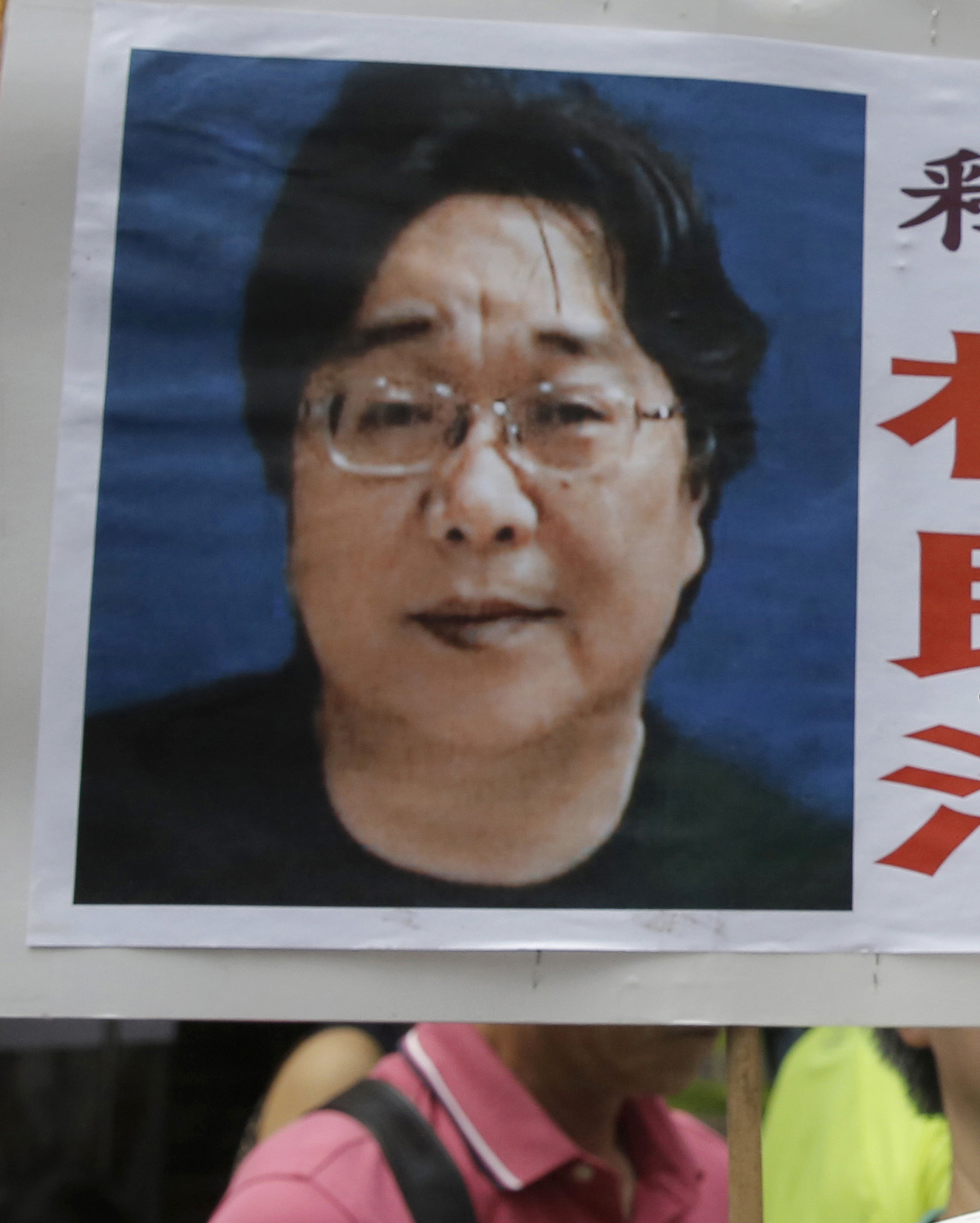
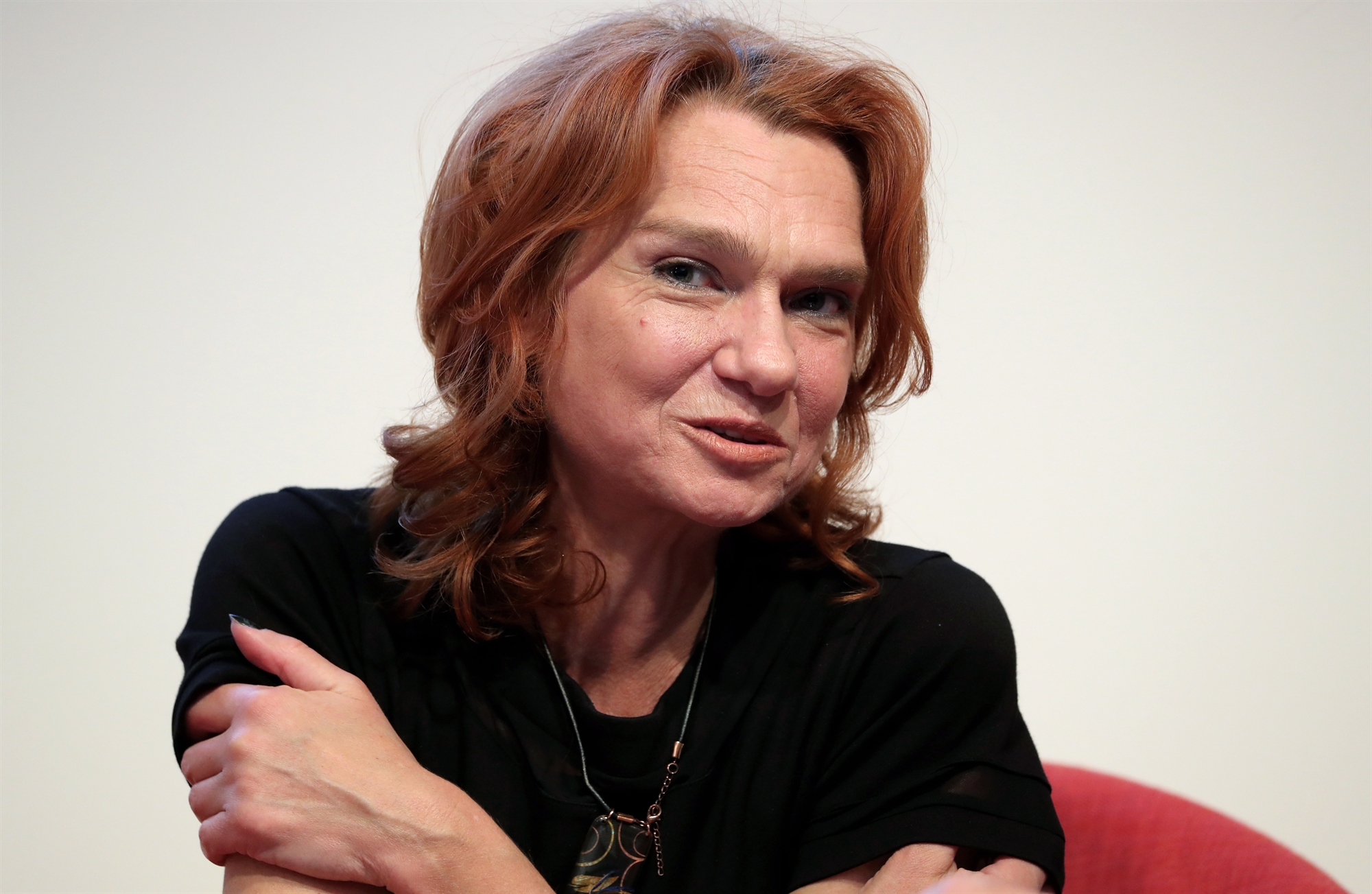
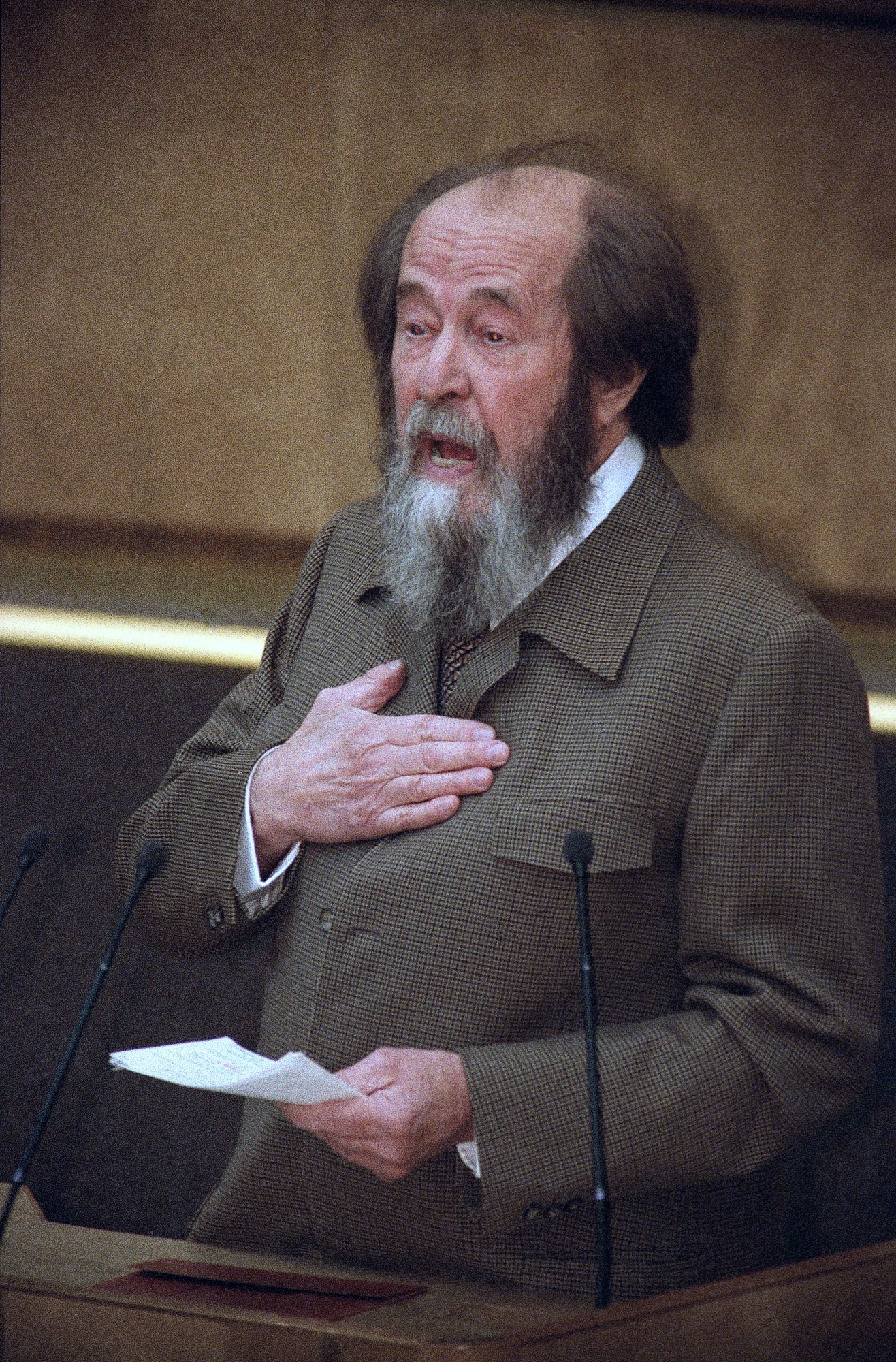

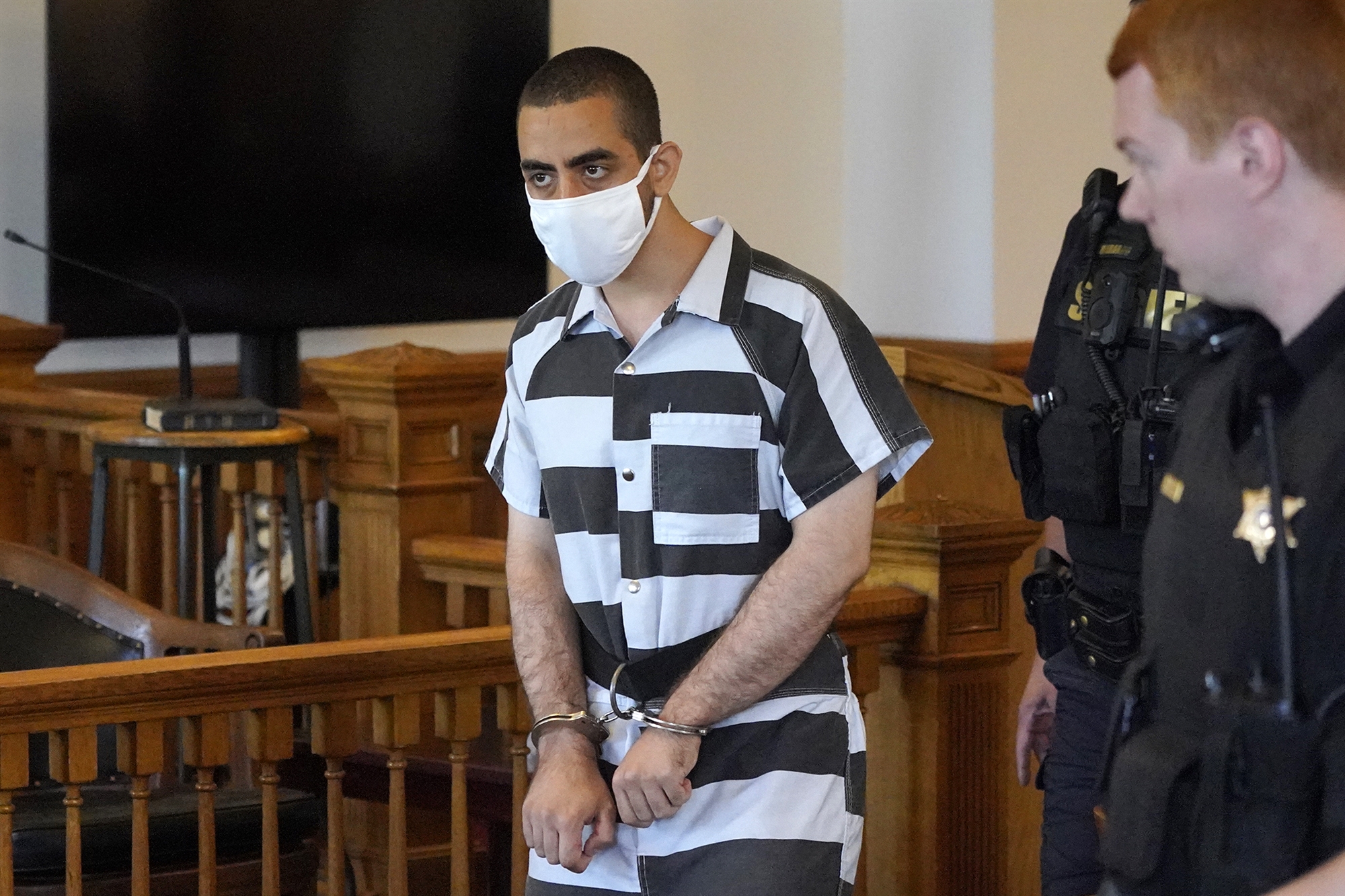
Source: Kathimerini
Anna White is a journalist at 247 News Reel, where she writes on world news and current events. She is known for her insightful analysis and compelling storytelling. Anna’s articles have been widely read and shared, earning her a reputation as a talented and respected journalist. She delivers in-depth and accurate understanding of the world’s most pressing issues.